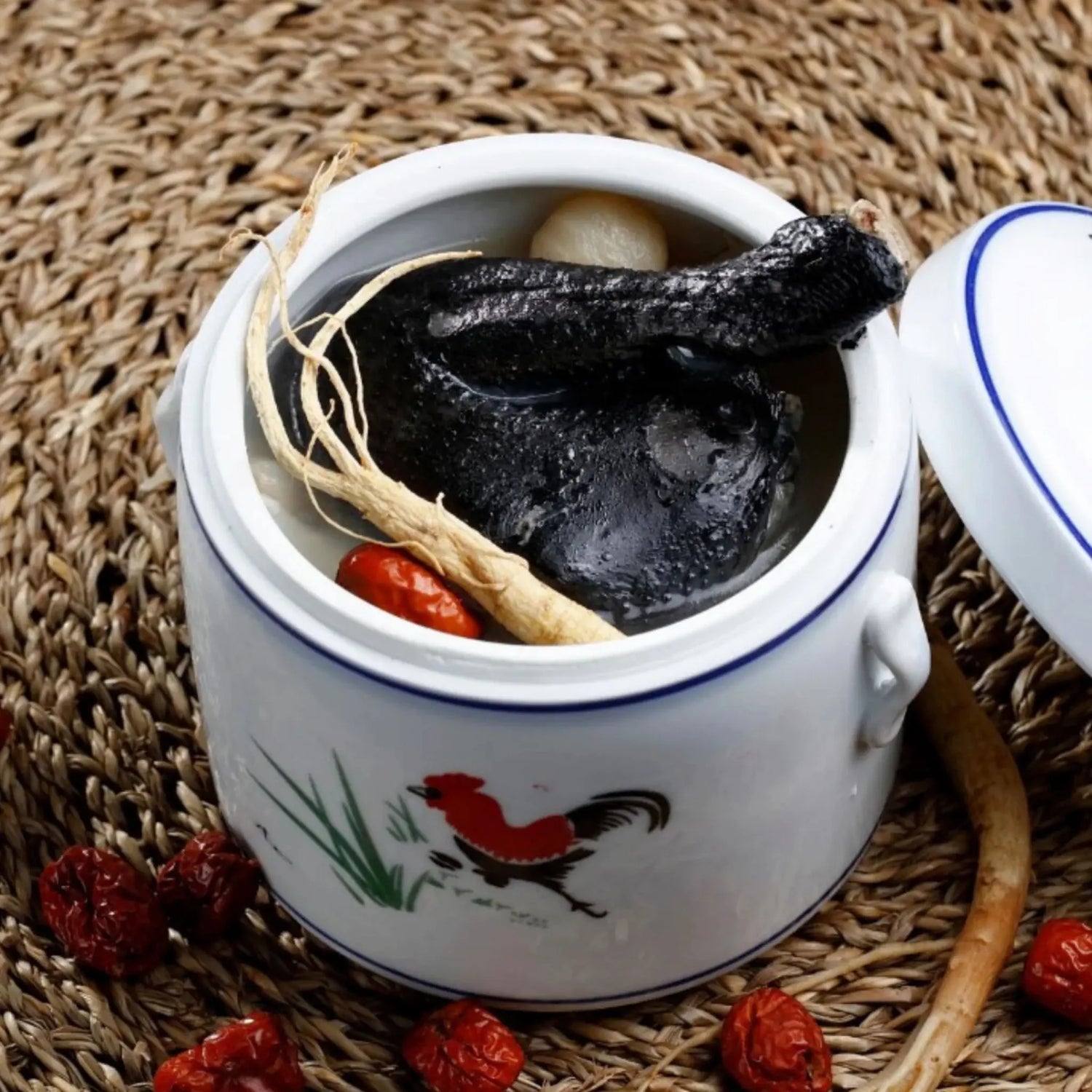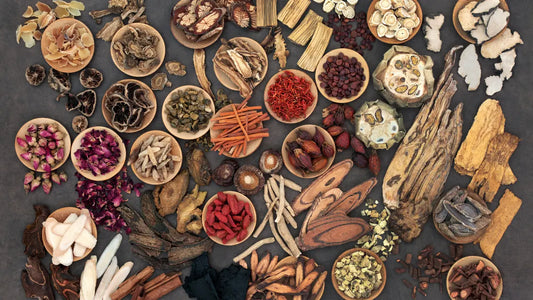Chinese Postpartum Do’s and Don’ts During the First 30 Days
A modern guide to navigating your golden month with confidence and care
In Chinese culture, the first month after giving birth is considered sacred—a time to rest, restore, and honour the transformation into motherhood. This traditional practice, known as 坐月子 (zuò yuè zi) or “sitting the month,” is based on thousands of years of Traditional Chinese Medicine (TCM) and cultural wisdom.
Whether you’re embracing confinement fully or adapting it to suit your lifestyle, understanding the core do’s and don’ts can help you create a supportive environment for physical healing and emotional wellbeing.
The Purpose of Confinement
According to TCM, childbirth is believed to weaken qi (energy), blood, and internal organs. Without proper care, this may leave a mother’s body vulnerable to “wind” and “cold,” which are thought to cause long-term discomfort like fatigue, joint pain, and digestive issues.
The confinement period is designed to:
- Rebalance the body
- Restore warmth and circulation
- Nourish qi and blood
- Support mental and emotional recovery
- Prevent long-term postpartum health issues
Top Confinement Do’s
1. Eat Warming, Nutrient-Dense Meals
Focus on meals that are warm, gently spiced and easy to digest. Soups and stews made with ginger, red dates, goji berries and Chinese herbs are staples in the confinement diet.
Try: Confinement soups, slow-cooked meats, steamed vegetables, congee.
2. Rest as Much as Possible
Confinement is about prioritising rest. Let others help where they can, and don’t feel pressure to “bounce back” quickly. The body is doing deep, invisible work.
3. Stay Warm
Dress in layers, avoid bare feet on cold floors, and sleep with socks on. In TCM, maintaining body warmth helps restore balance and prevents "wind" from entering the body.
4. Drink Herbal Teas
Many women drink red date or goji teas to stay hydrated and warm. These are caffeine-free and believed to support circulation and blood replenishment.
5. Use Herbal Baths or Sponge Baths
Traditional baths made with Chinese herbs are used in place of showers, especially in the first 1–2 weeks. They’re believed to help warm the body, dispel wind, and aid relaxation.
Common Confinement Don’ts
1. Avoid Cold Foods and Drinks
Raw vegetables, salads, icy water, and cold fruits are typically avoided. In TCM, these are thought to disrupt internal warmth and slow recovery.
Instead, opt for cooked greens and warm teas.
2. Don’t Overexert Yourself
Avoid climbing stairs, lifting heavy objects or doing household chores in the first weeks. Even gentle exercise should be postponed until your body feels ready.
3. Limit Exposure to Wind or Cold
Open windows, fans and air conditioning should be used with caution. Some mothers even wear hats indoors during confinement to prevent heat loss through the head.
4. Hold Off on Hair Washing (Temporarily)
Some traditions discourage washing hair in the first week to avoid exposure to cold. If you do wash, use warm water and dry thoroughly right away.
5. Avoid Emotional Stress
This is a time for calm. Try to limit stressful interactions or overstimulation from screens. Focus on bonding with your baby, nourishing yourself, and feeling supported.
Do I Have to Follow Every Rule?
Absolutely not. Every mother, birth, and recovery journey is different. You might choose to follow the core principles—warmth, rest and nourishment—while adapting the rest to suit your lifestyle.
Modern confinement care is about balance. Whether you lean fully into tradition or blend it with what works for you, the key is intentional rest and care.
Final Thoughts
The first 30 days after childbirth aren’t just about physical healing—they’re about honouring this new season of life. Chinese confinement traditions offer a gentle, structured approach to postpartum care, reminding mothers that slowing down is powerful.
At Golden Month, we make it easy to bring these time-tested principles into your modern life with nourishing meals, herbal soups, teas and baths—delivered to your door.






